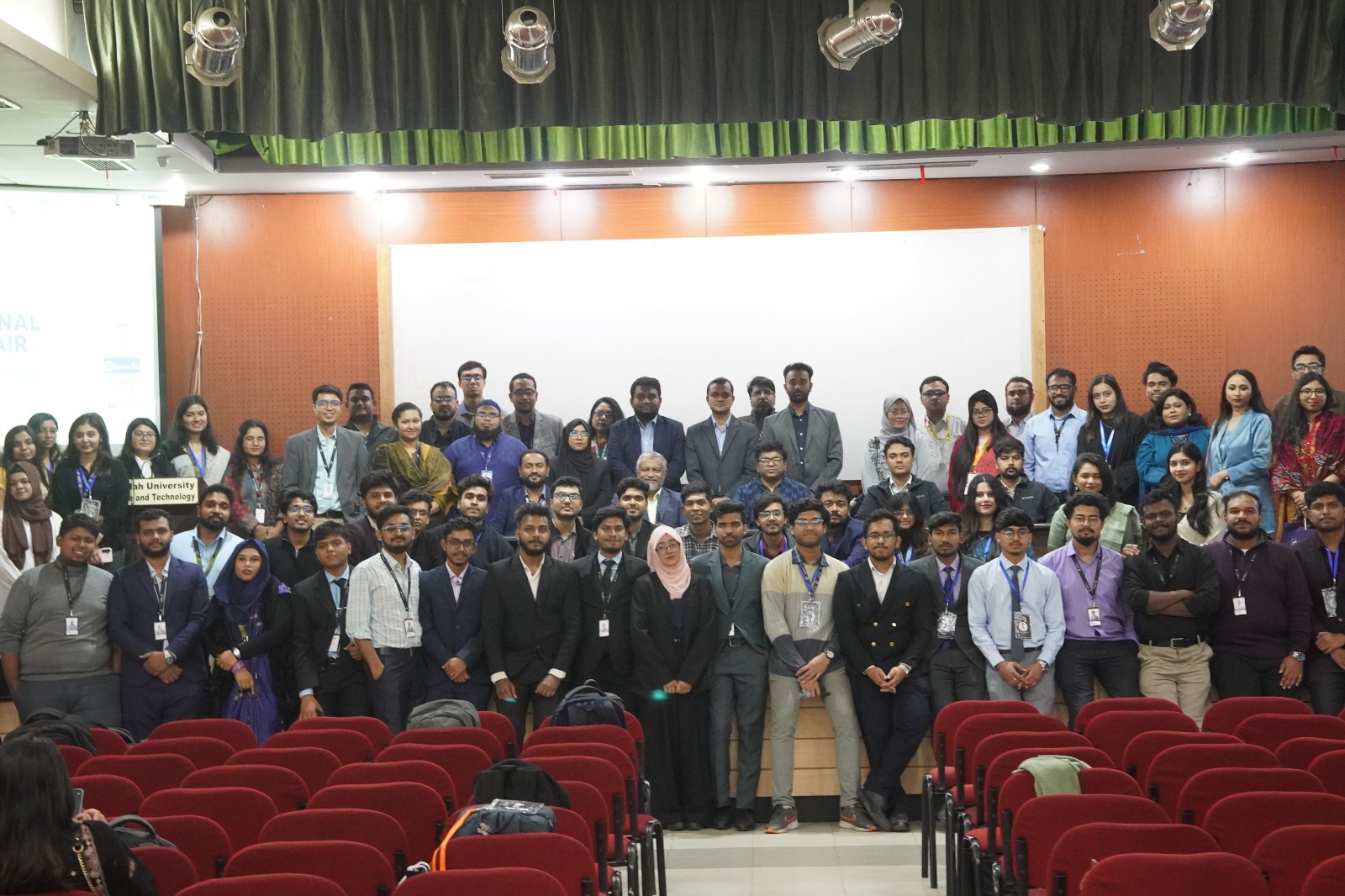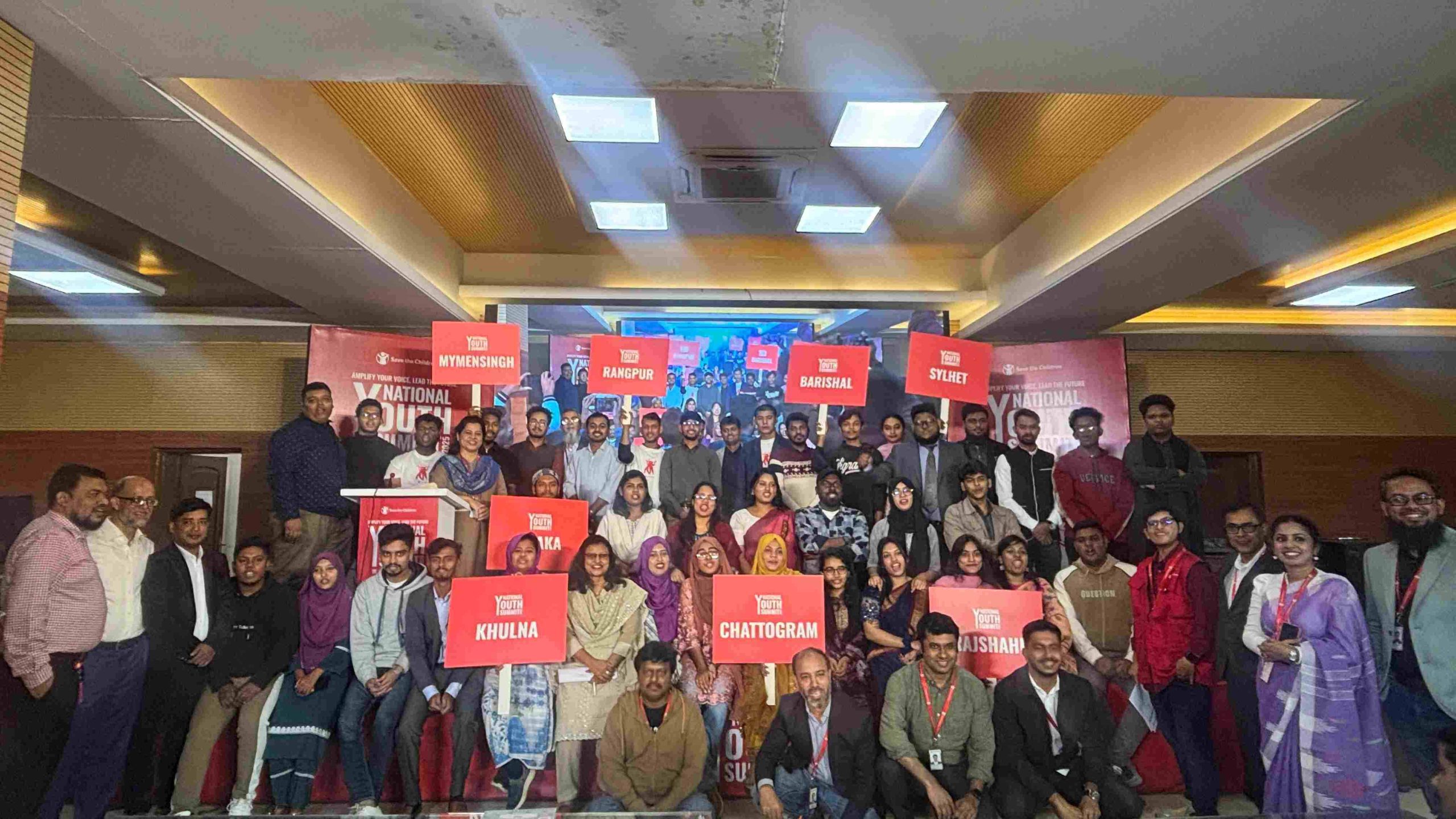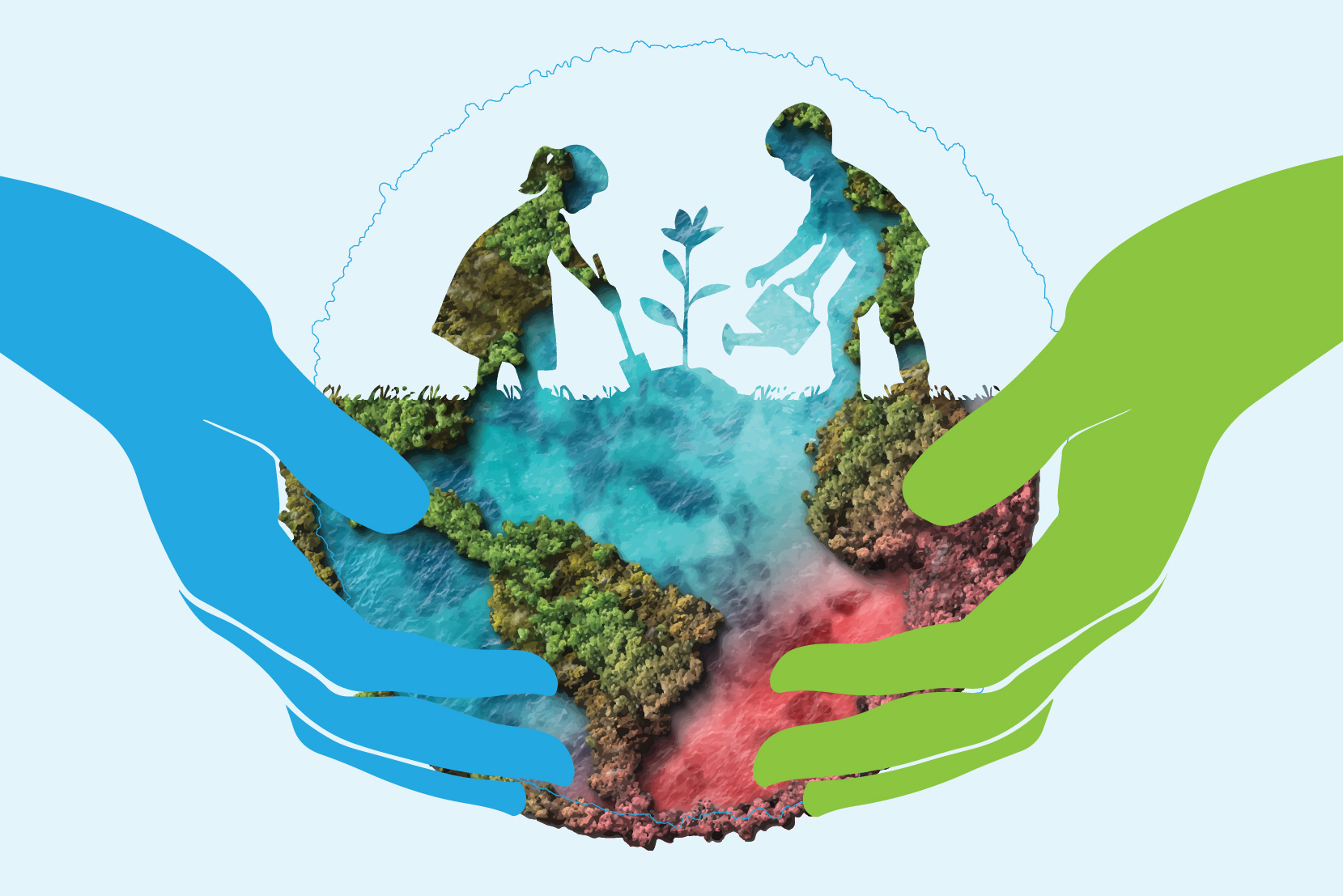Educational Technology or EduTech has not only revamped the way classrooms operate but has also created a new arena for it, digital classrooms. The traditional method of “talk and chalk” is in the advent of being replaced by International platforms providing MOOCs and/or simulation-based classroom tools. Bangladesh had already started its migration towards online education with a growing number of SaaS facilitated education startups in Dhaka, however with the COVID-19 pandemic the move has been made more imminent.
OUTLOOK AND CAPACITY
Some people may wonder whether students in Bangladesh will be able to adjust to online learning and learn sufficiently. The fact of the matter is today’s students are already learning from content on sites such as Youtube, Udemy, Coursera, edX, and others. With the improvement of internet connectivity, data rates, the advancement of software technology, and maturity of WAVE (Whiteboard, Audio, Video Environment) technologies in Bangladesh in recent years, online systems can well accommodate regular lectures and more students from varying demographics can hone these skills effectively in the future.
FUTURE
While digitization is enhancing productivity in businesses and industries, automation has begun snapping its jaws at the workforce with threats of replacement. This is causing an increased expectation of the workforce to have novel and diverse sets of skills. Students today are not only required to receive top grades in classes but to also garner experience from side projects, extra-curricular activities and demonstrate deftness in a host of thinking and communication skills. These skills are required not just for acceptance at international workplaces and higher educational institutes but are also examined when applying to jobs nationally.
 EduTech can supply the framework for supporting new learning approaches. It is ascertainable that even though EduTech industry in Bangladesh is still in its nascent stage it has tremendous potential in driving social impact and also in creating profitable business opportunities for new investors. About 2 percent of our GDP goes to education-related spending, which means that the market value of education in our country based on the education ministry budget is over USD 6 billion.
EduTech can supply the framework for supporting new learning approaches. It is ascertainable that even though EduTech industry in Bangladesh is still in its nascent stage it has tremendous potential in driving social impact and also in creating profitable business opportunities for new investors. About 2 percent of our GDP goes to education-related spending, which means that the market value of education in our country based on the education ministry budget is over USD 6 billion.
Now is also the time to bridge the established industry-academia gap with the integration of industry-relevant, digital skills in the typical education system. The potential of bridge education in the present context is to equip students with the right skills to make them ready for Industry 4.0 at day one. In 2020, as illustrated below, technical skills need to be supplemented with strong social and collaboration skills such as persuasion, emotional intelligence, and cognitive flexibility.”















